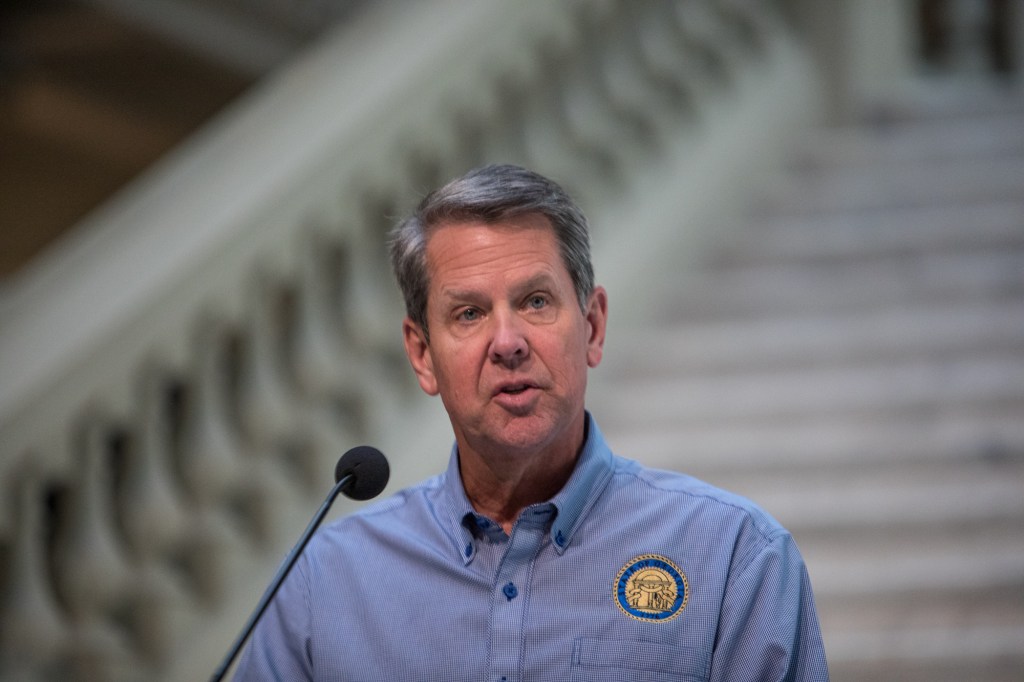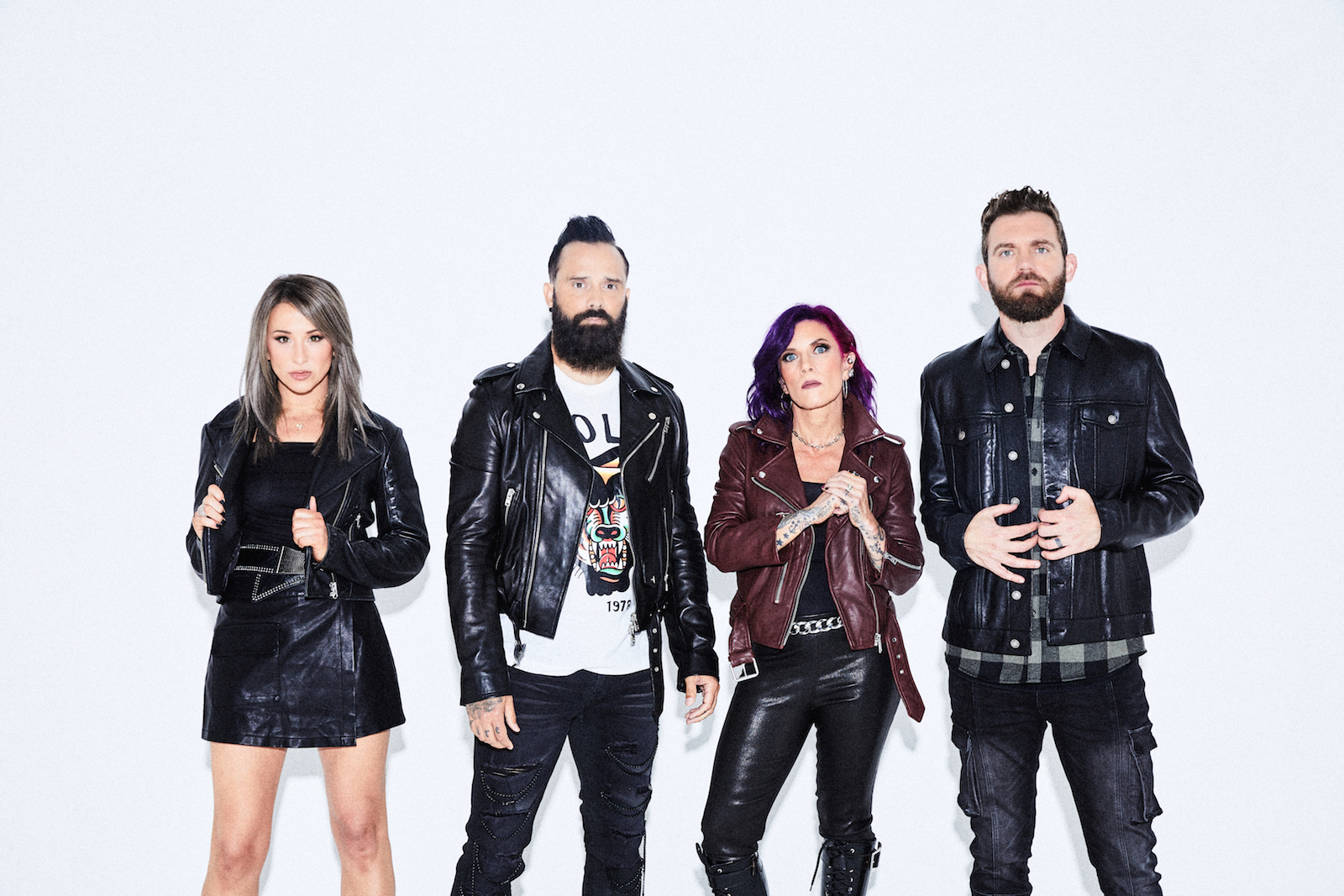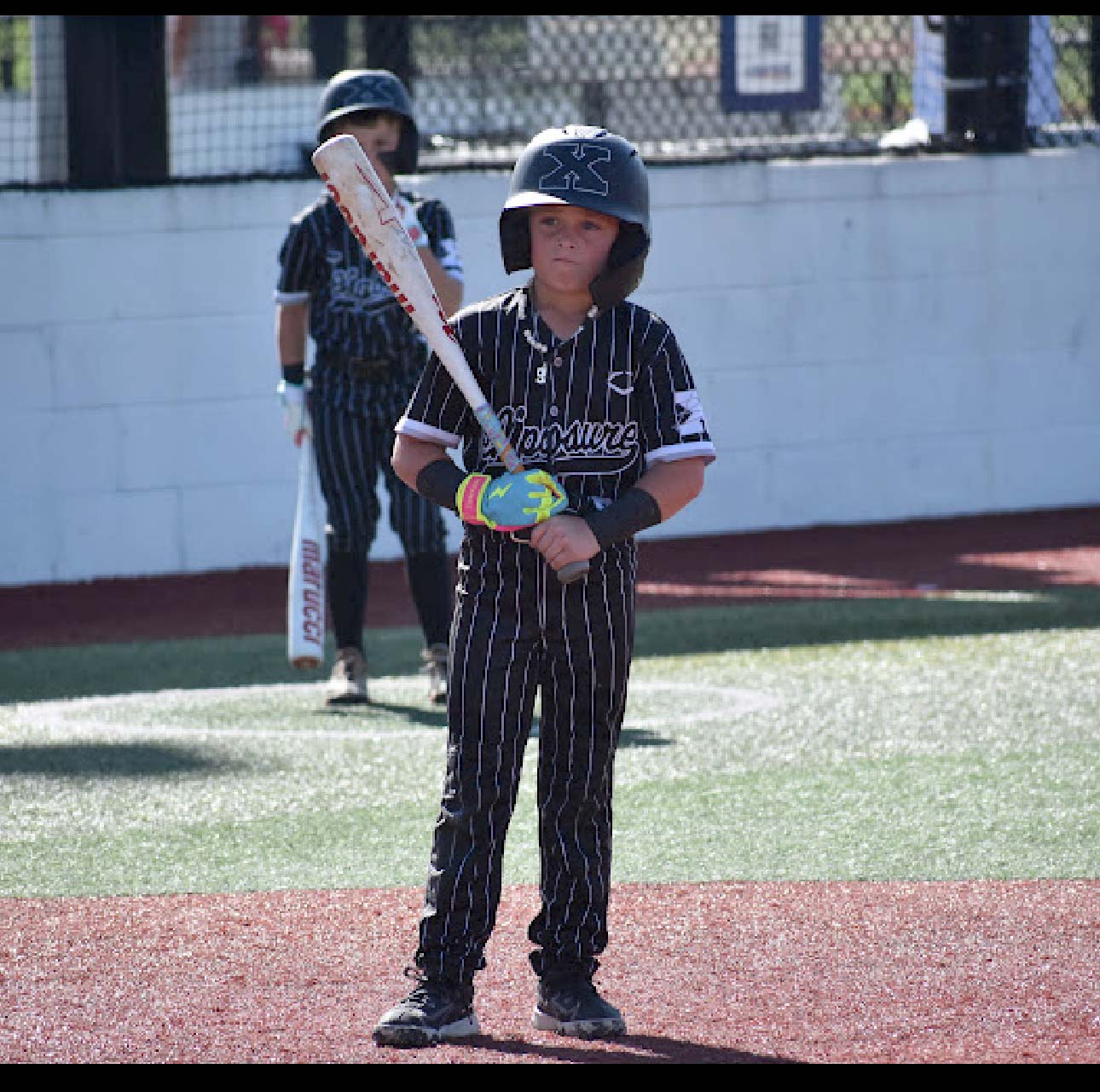Kemp: ‘Kids need to be in the classroom’
Published 4:30 pm Friday, July 17, 2020

- Gov. Brian Kemp lifts COVID-19 during a press conference on June 1.
ATLANTA — As Georgia edges closer to the beginning of the school year, Gov. Brian Kemp reaffirmed his position that students should be in classrooms, receiving in-person instruction in the fall.
Kemp and Superintendent Richard Woods, the state’s top education official, said they prefer schools hold face-to-face instruction in the fall but don’t plan to mandate it.
Trending
“I think kids need to be in the classroom,” Kemp said in a press conference Friday. “I think there’s a safe way to do that.”
As cases surge in Georgia, the school districts have been left with the decision on what to do about instruction for the upcoming year.
In implementing remote learning during the early months of the pandemic, especially in rural areas, experts said the change exacerbated inequalities in the education system.
Students and teachers across the state struggled to adapt to online learning in areas with little broadband access.
Woods said the start of the upcoming school year will likely be the most challenging the education system has ever seen and districts are faced with the hard choice of how to handle teaching.
“We want our school or students to be physically back in school — that is the best place for them to learn,” he said. ” … But that being said, the safety of our students and our staff will continue to take precedent in all our decision making.”
Trending
The Georgia Department of Education in hand with the Department of Public Health have released guidance for schools to safely reopen in-person learning in the fall.
Dr. Kathleen Toomey, commissioner of the Department of Public Health, said she is “proud” of the crafted guidelines which operate under the assumption that schools will reopen.
But the health official leading the state’s pandemic response warned there will be COVID-19 cases in the classroom.
“We know and fully expect that there will be some cases of COVID-19 among students and teachers,” she said. “We are doing everything we can to provide the resources needed to protect everyone in the school setting.”
Toomey did not have specifics on how schools would handle cases, but said local health departments or the state health department will work with educators and administration on a “case-by-case basis” to respond to students contracting the virus and prevent further spread.
The department is working on a response system to assure that a single case of COVID-19 will not lead to a school being shut down, she said.
“The flu season comes every year — schools close, schools make decisions,” she said. “At some point down the road, I think COVID-19 will be as routine for us in the schools as the flu season is every year.”
The Georgia Emergency Management Agency has already distributed 2 million cloth masks and 3,000 infrared thermometers to schools, Director Homer Bryson said.
Another personal protective equipment distribution will include hand sanitizer, sanitizing wipes, sanitizing stations, face shields, gowns and 100,000 clear masks for deaf and hard of hearing students and teachers.
The state has also allocated $3 million in federal coronavirus relief funds to purchase purchase 3,000 WiFi transmitters to bring internet to an estimated 135,000 students.
Kemp defended his position on actual schools reopening while several of Georgia’s largest school districts have announced they will proceed with remote learning.
“There’s bad outcomes of not having kids and classes from a nutrition standpoint, child abuse, human trafficking … so I’m a believer that kids need to be in the classroom,” he said. “We’re working with the schools to do that and we’re working with them to make sure that their communities, their parents and their teachers are comfortable with that.”






